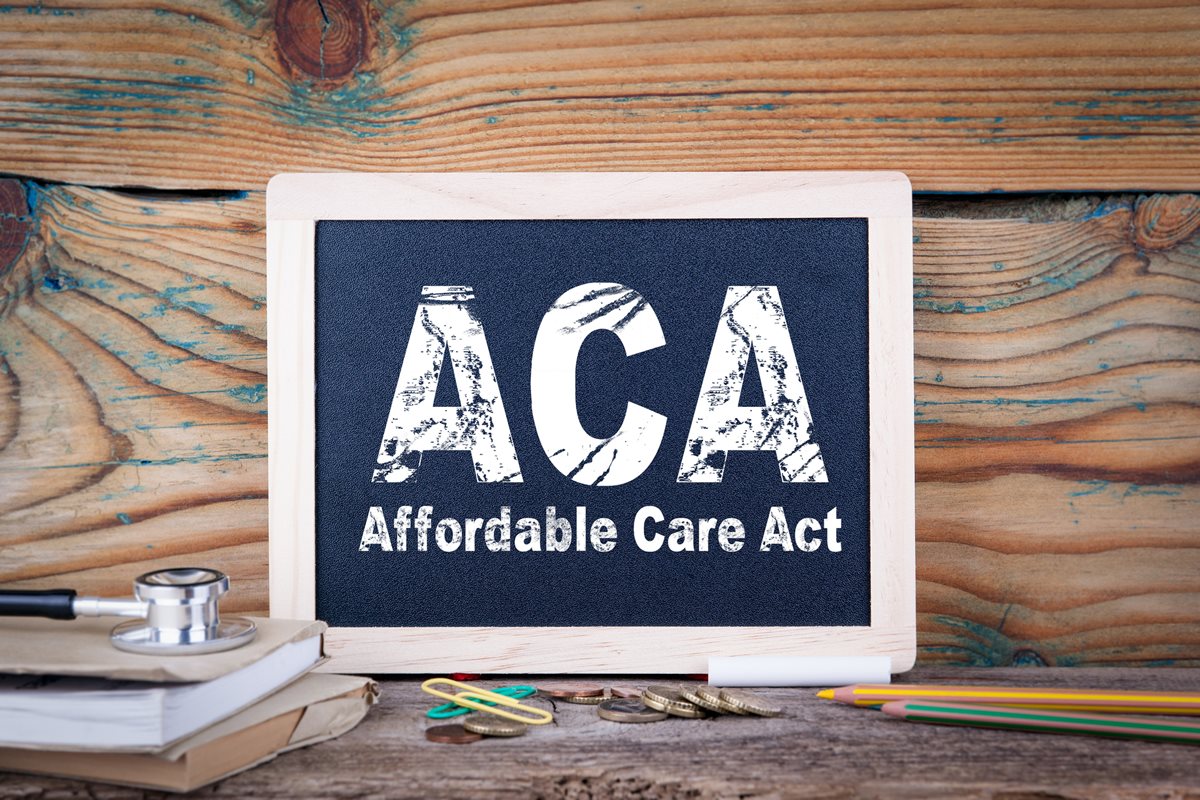Potential End of ACA Subsidies Will Affect Sales, Brokers

California is one of several states that will be dramatically affected if Congress takes no action to extend the enhanced Affordable Care Act (ACA) subsidies authorized as part of the 2021 American Rescue Plan Act (ARPA) and extended through 2025 by the 2022 Inflation Reduction Act (IRA).
The enhanced subsidies reduce the premium for eligible individuals buying ACA health plans through Covered California, other state exchanges, and the federal exchange Marketplace, HealthCare.gov. They expanded eligibility beyond the original ACA income gap of 400% of the federal poverty level (FPL). In 2025, the FPL for a single person is $15,560. For a family of four, it is $32,150. For more information on poverty guidelines, visit the U.S. Department of Health & Human Services website.
If Congress does not extend the enhanced subsidies, it is expected that the average Marketplace premium could increase significantly – potentially doubling in some states. That likely would result in many enrollees dropping their insurance or moving to a less comprehensive health plan.
In California, the end of the ACA enhanced subsidies will affect not just those paying a reduced premium, but all 2.37 million Californians in the individual marketplace. The University of California Berkeley Labor Center estimates 1.56 million Californians will pay an average of $967 more annually, if they maintain their Marketplace coverage. Another 750,000 enrolled in unsubsidized coverage will pay $253 more per year. Nearly 70,000 will become uninsured.
The projection by the Labor Center forecasts an average increase for Covered California premiums of $967 per year beginning in 2026, absent any action by Congress or the state. Families USA, a leading national, non-partisan nonprofit dedicated to affordable health care and improved health for all, says single Californians in their mid-40s making $30,000 annually would see their monthly premiums increase by $1,350 per year. Couples in their early 60s earning $80,000 would see a bump pf $17,050 annually.
It is unknown whether members of Congress will feel any pressure from their constituents to renew the ACA subsidies. Making them permanent would cost $383 billion over 10 years according to the Congressional Budget Office (CBO). A temporary extension is possible, since KFF (the former Kaiser Family Foundation) estimates more than half of ACA enrollees live in Republican districts in the U.S. House of Representatives.
Watch for updates on the potential elimination of ACA subsidies in the months ahead.
Most Recent Articles
Carrier Updates
Carrier Updates

